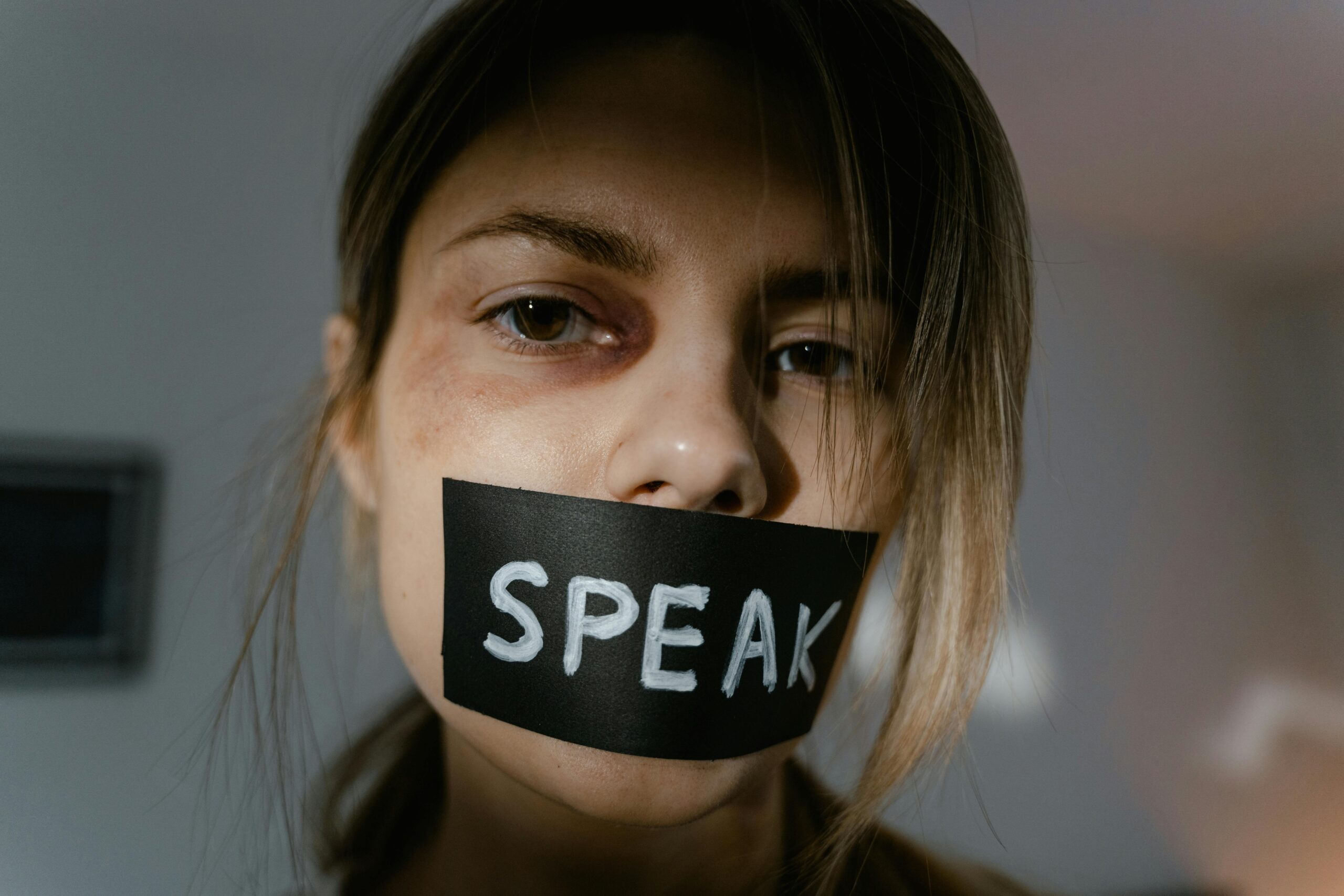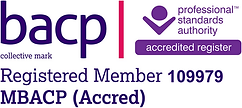What are the signs of domestic abuse? Domestic abuse, sometimes called domestic violence, is sadly more common than many people realise. In this blog, we’ll consider what domestic abuse is, how to recognise it, and most importantly, where you can turn for help.
What Is Domestic Abuse?
Domestic abuse is any form of controlling, coercive, or threatening behaviour, violence, or abuse between people aged 16 or over who are (or were) partners or family members. It doesn’t matter what gender or sexuality is involved – anyone can be a victim. Although, it is most often perpetrated by males against women.
Abuse can take many forms, including:
- Psychological or emotional abuse: Gaslighting, threats, or constant belittling.
- Physical abuse: Hitting, pushing, or any physical harm.
- Sexual abuse: Being forced into any sexual activity.
- Financial abuse: Controlling your money or limiting access to financial resources.
- Coercive control: A mix of intimidation, isolation, and manipulation to dominate someone.
- Online or digital abuse: Using social media, emails, or texts to harass or control.
Key Facts About Domestic Abuse in the UK
- One in four women over the age of 16 have experienced domestic abuse (ONS, 2023).
- On average, one woman a week is killed by a male partner or ex-partner in England and Wales.
- Domestic abuse is vastly underreported. Many victims don’t feel safe speaking up, and shelters often lack the capacity to help everyone who needs support.
Why Don’t Victims Just Leave?
It’s a question people often ask, but the answer isn’t simple. Leaving an abusive relationship can be incredibly dangerous and emotionally complicated. Here are some reasons why victims might stay:
- Fear: Abusers often threaten to harm their victims – or those they love – if they try to leave.
- Control: Victims may feel trapped because the abuser controls their finances, social life, and decisions.
- Promises of Change: Abusers often promise that “it’ll never happen again.”
- Guilt: Victims may feel responsible for the abuser’s behaviour.
- Children: Many fear losing custody or putting their children at risk.
- Love: Love doesn’t simply disappear, even in abusive relationships.
The truth is, leaving can actually be the most dangerous time for a victim. Research shows a significant rise in violence or harm right after a victim separates from their abuser. The risk of homicide sky rockets.
What Are The Signs of Domestic Abuse?
Not all abuse leaves visible scars. Here are some warning signs someone might be in an abusive relationship:
- They seem nervous or fearful around their partner.
- They withdraw from friends and family.
- They often have unexplained injuries or make excuses for them.
- They don’t have control over their own money or decisions.
- Their partner constantly checks up on them or isolates them from others.
Where to Get Help
If you or someone you know is experiencing domestic abuse, support is available:
- Call 999 if you’re in immediate danger.
- National Domestic Abuse Helpline: 0808 2000 247 (Free and available 24/7).
- Women’s Aid offers practical advice, emotional support, and safe accommodation for women and children.
- Refuge provides support for those fleeing domestic abuse, including emergency housing.
- Local Domestic Abuse ServicesCheck out the services available in your local area.
For Friends and Family
If someone you know might be in an abusive relationship, the best thing you can do is listen without judgement and help them explore their options safely. Encourage them to reach out to professionals who can help.
In Summary
Domestic abuse is a serious issue, but there’s help available. By spreading awareness and supporting those affected, we can make a difference. If you’re unsure about what to do, reach out to a trusted organisation—they’re there to guide you.
You don’t have to face this alone. Help is just a phone call away.






